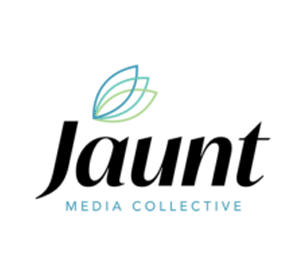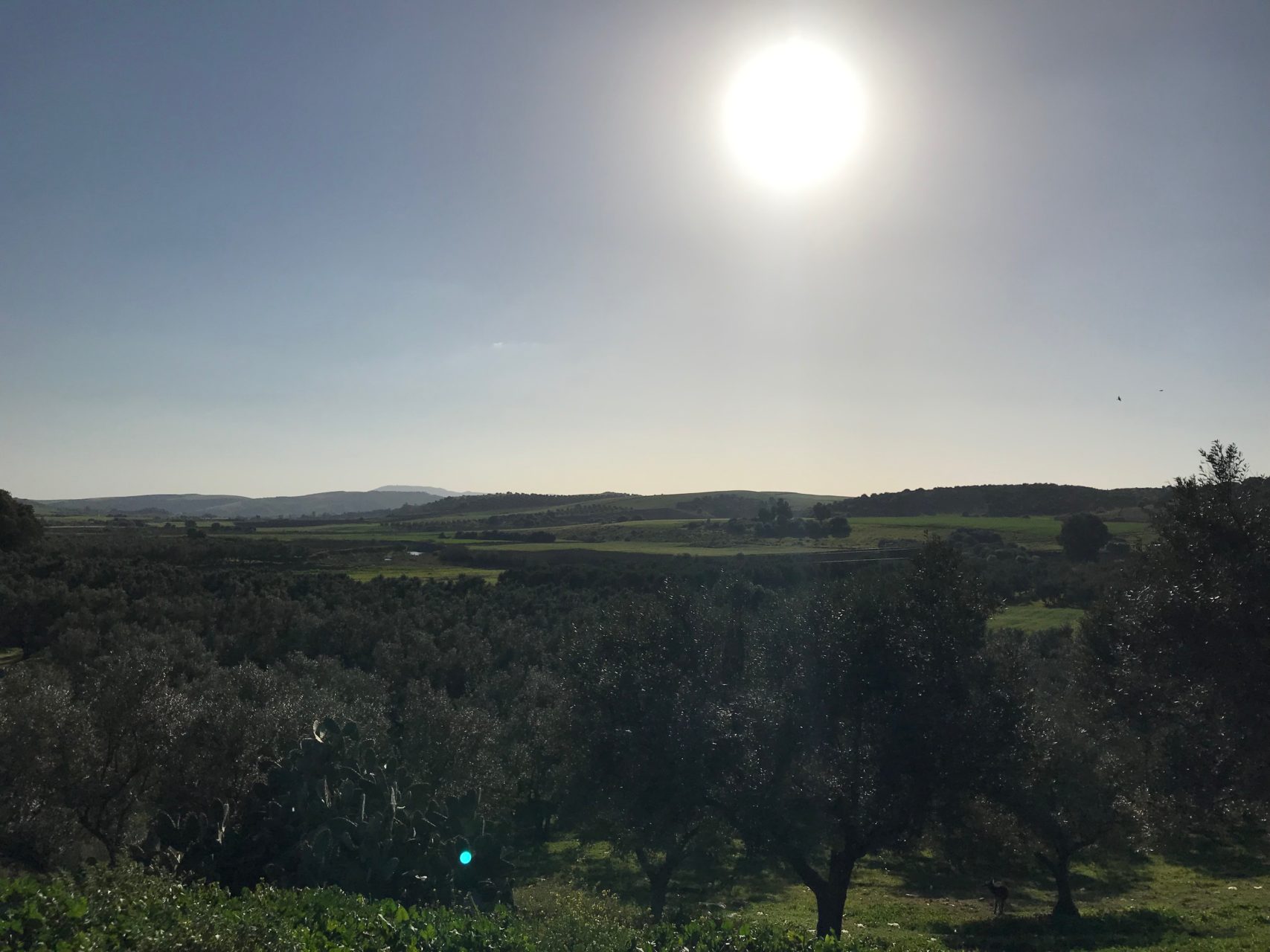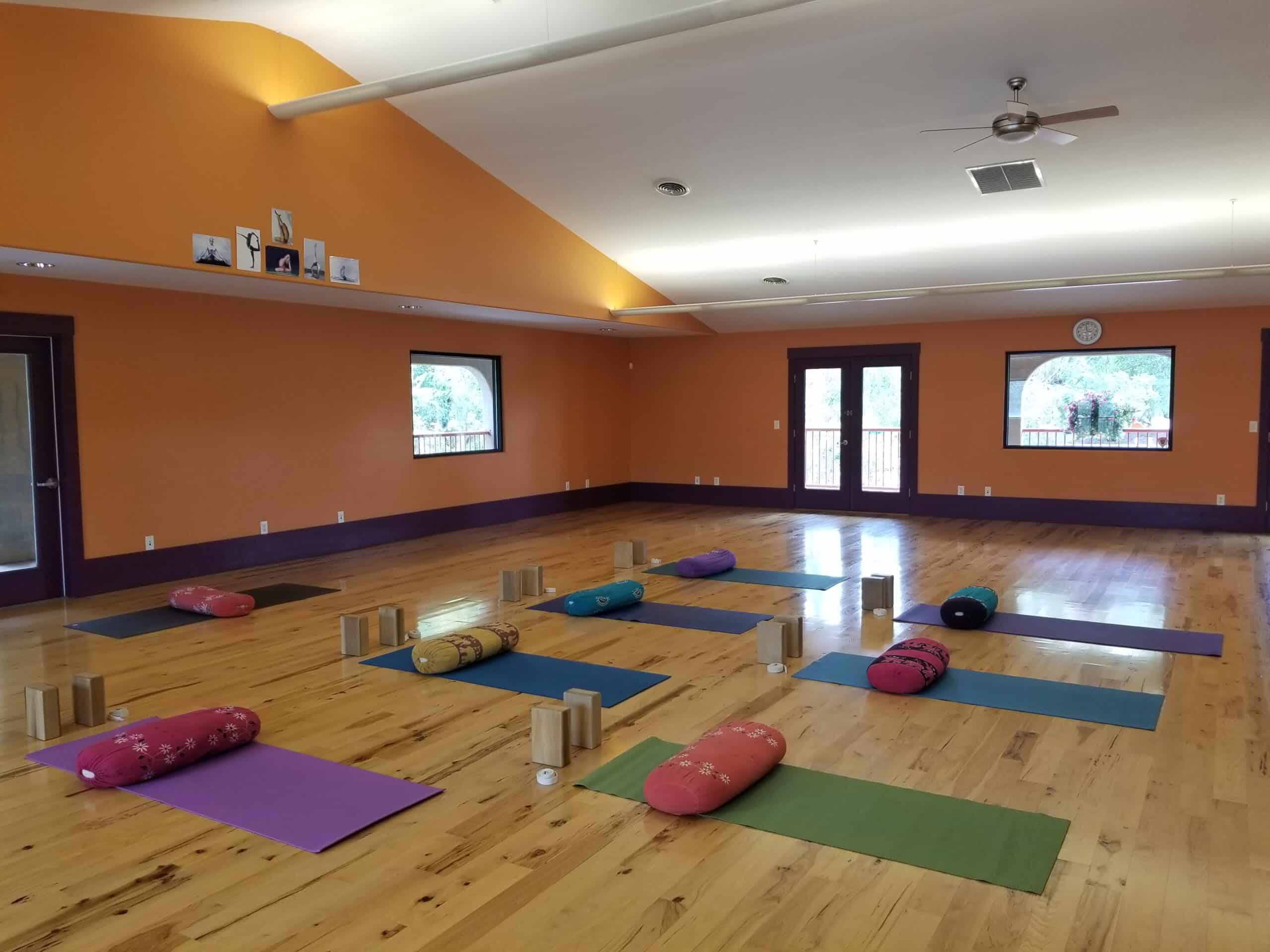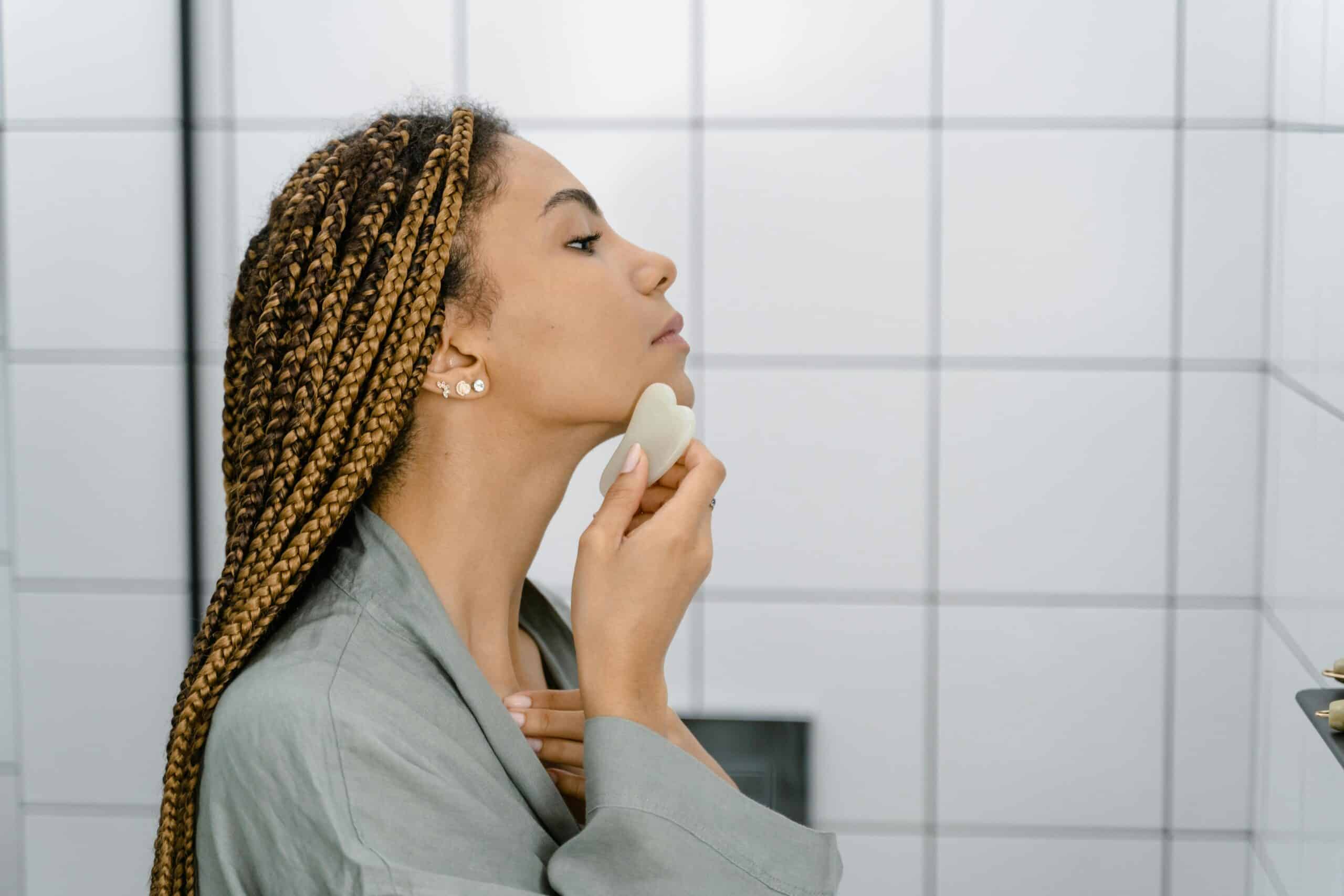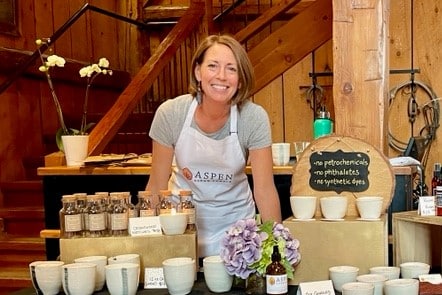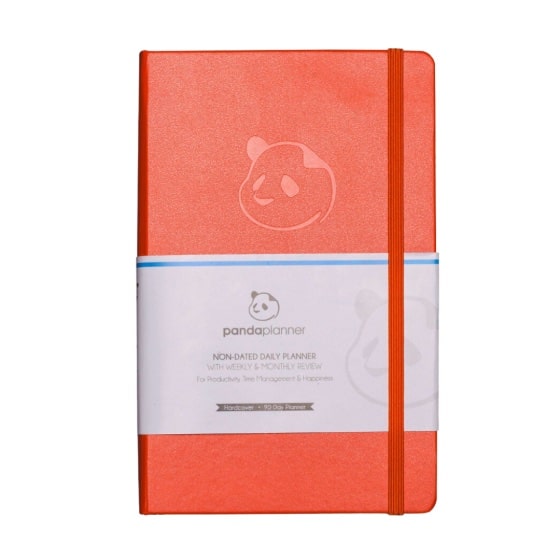Mindful in Morocco : Finding Balance in Presence | By Lexi Reich
This is article three in the Mindful in Morocco series by Lexi Reich.
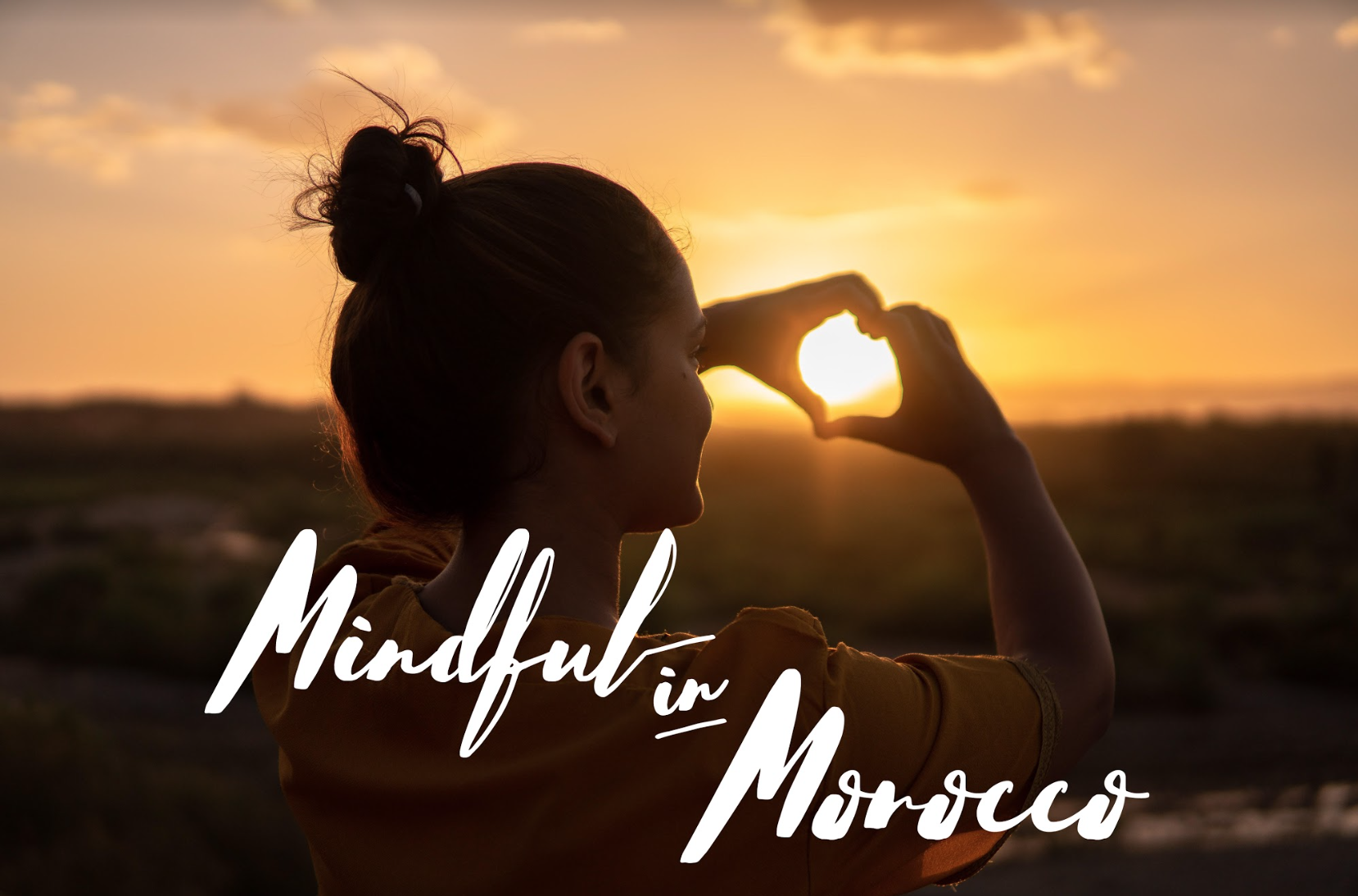
My host mom handed me a bag filled with green olives in an old spaghetti sauce bottle and three slices of freshly baked khobz, or bread. Tears were rolling down her cheeks as we said our goodbyes. My expression soon mimicked hers as we met in our final embrace. I found a mother in Bni Quolla, a rural village in northern Morocco. I know a handful of words in Arabic, and her English was even more limited than that, yet we were able to communicate on a deep level that looking back, is truly profound.
Language is not the only form of communication. Specifically, love can be demonstrated in many ways: through acts of service, quality time and even facial expressions. True connection with someone is often felt rather than spoken, and that is what I felt with Mama Zhora.
She, along with her two daughters and two sons, welcomed me and my friend Shelby into their home for one of the most transformative, memorable weeks of my life.
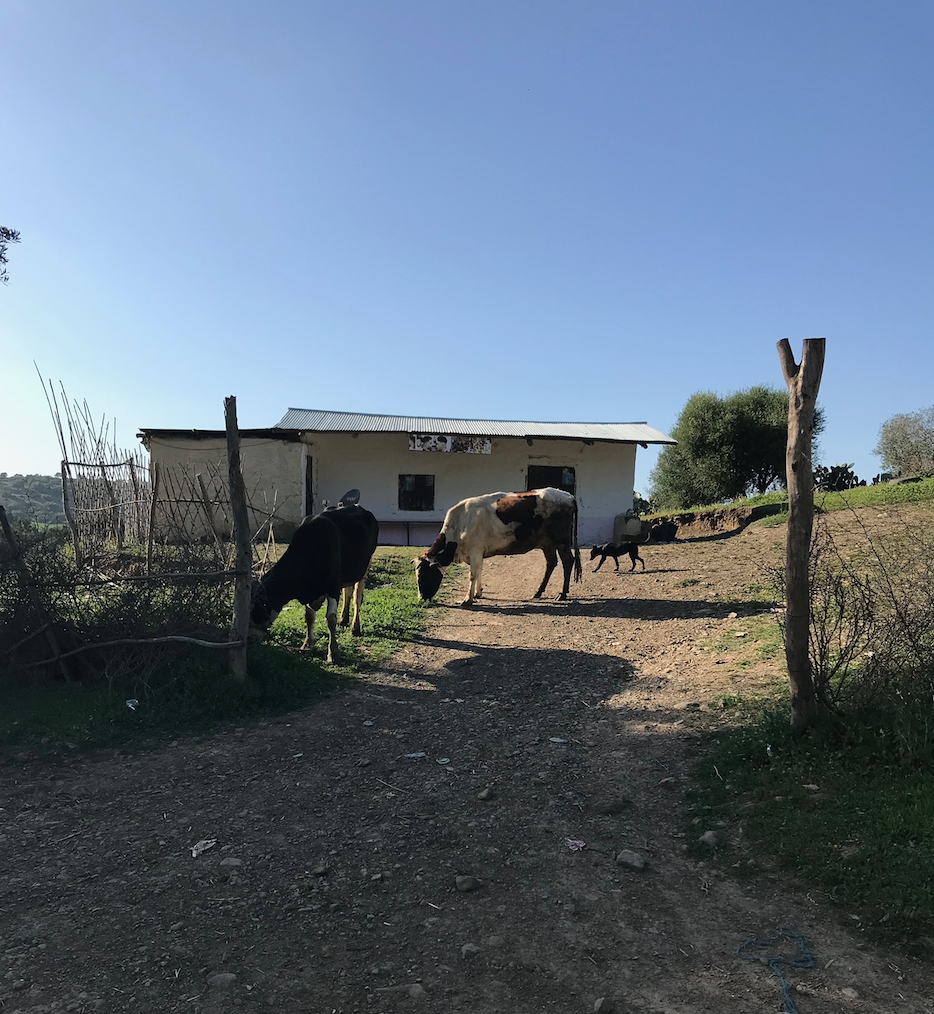
Bni Quolla has a population of about 100 people. The nearest elementary/middle school is a 30 minute walk away, and the nearest high school is a 25-minute taxi ride. Chickens, cows, sheep, donkeys, dogs and turkeys cohabit the villagers’ homes, and there is no running water.
An experience many westerners might initially find uncomfortable, I’ve never felt so far and yet so close to home at the same time. It was quiet and simple. I’d wake up to a rooster belting into the early morning sun, doze back off, and then officially wake up to my host sister telling me it was time to kuli, eat. Breakfast was khobz cooked in the outdoor fire oven, paired with fresh olives marinated in garlic, strawberry jam and, of course, mint tea. We’d all eat together from one plate with our hands, huddled around the table wearing thick layers to combat the outdoor breeze brushing through the walls.
After, Shelby and I would help wash dishes. A plate goes into one bucket with soapy water then into another bucket with fresh water from the community well to rinse.
One of my host sisters, Mouna, was a year older than I, and I spent many hours of the day playing with her chubby-cheeked baby boy, Sead. Mouna is a talented henna artist, and my first day in her home she decorated the front and back of my palms in beautiful, intricate designs. Every morning she’d look at my hands and say zweena, beautiful.
I hadn’t used a western shower in a week, I brushed my teeth in the grass beside chickens using a plastic water bottle, I hadn’t used soap and water to cleanse my hands in days and I had dust all over my clothes from the intense nightly soccer games I played with my host brothers — and I’ve never felt more zweena.
Thanks to low internet connection, instead of checking notifications from my phone and going through emails, I spent my energy being rooted in the present moment. It was a lovely mini-vacation. I spent my time trying to communicate with this generous family and trying to find ways to help out to show my appreciation. Mouna showed me how they hand-wash their clothes and hang them on the clothing line, how she cuts vegetables despite not having the extensive utensil collection I’m used to in most kitchens and how she carries Sead on her back wrapped in a scarf.
A main takeaway from my time here is balance. I can check my emails back home and do the work I’m passionate about, but I don’t have to be consumed by stress while doing it. We have a choice. Taking a break midday for tea is an act of self-care. It’s a few moments to sit with your breath.
We have a choice. Taking a break midday for tea is an act of self-care.
Villagers in Bni Quolla not only have a deep connection to one another given the tight-knit community they are, but they have a deep connection to their food, water, homes, animals and guests. Every step of the day takes thought and time, because convenience here is taken at a different pace. It’s slower, more thoughtful. Quality time with others is prioritized. Making sure your guests are so full they can’t take one more bite is, also, prioritized. I’ve never eaten more bread in my life than I did in this village, but as they say, a full belly is a happy belly!
So much so that even a few days after my journey, I’m still rationing the khobz Mama Zhora gave me, knowing that once I take the last bite, I’ll only have memories of my experience there left.
Organize your busy schedule while taking care of your emotional health with the Panda Planner. The Classic [...]
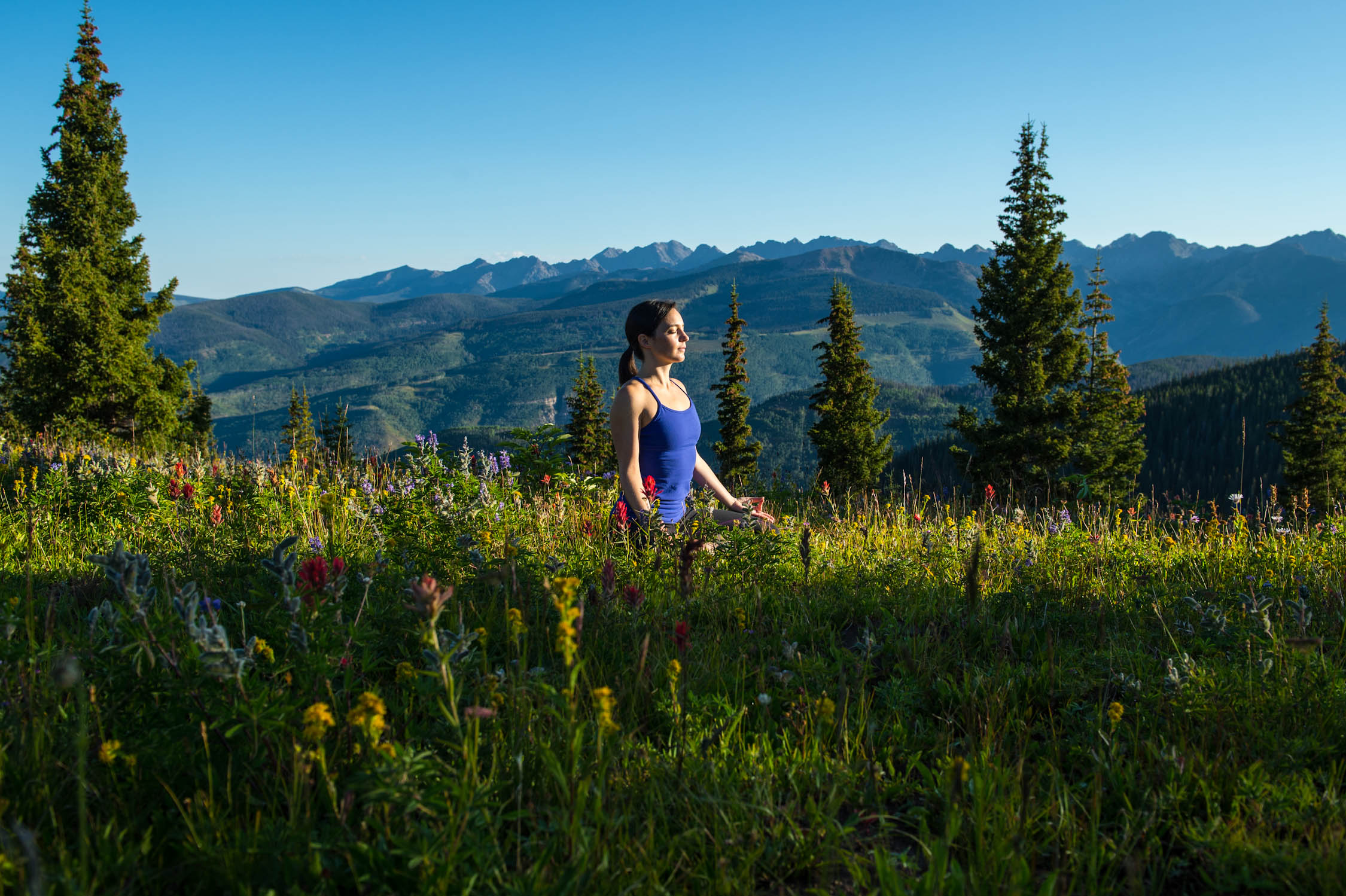
Subscribe to Our Tribe
Stay up to date with Y+L News, Events and special announcements.



